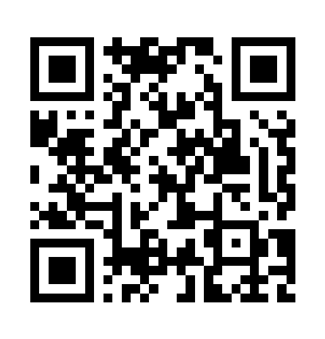Cultural Sensitivity in Clinical Practice: Bridging the Gap for Better Healthcare
In this insightful article, we delve into the pivotal role of culture and belief systems in healthcare and how they influence patient care. Discover why cross-cultural perspectives among doctors are crucial for understanding patients’ diverse backgrounds and enhancing healthcare outcomes. We also emphasize the need for a transformation in medical curricula to nurture cultural sensitivity and patient-centric education. Explore how this shift can uncover hidden epidemiological patterns, ultimately leading to better healthcare for all.
MEDICAL EDUCATIONINTERDICIPLINARY
10/2/20232 min read
Cultural Sensitivity in Clinical Practice: Bridging the Gap for Better Healthcare
Introduction
Culture and belief systems play a crucial role in shaping our lives, influencing our values, behaviors, and even our health. In the realm of healthcare, the significance of understanding the impact of culture and belief on patient care cannot be overstated. Healthcare professionals, particularly doctors, need to be equipped with cross-cultural perspectives and a deep appreciation for the diverse backgrounds of their patients. This article explores the importance of culture and belief in clinical practice, emphasizes the need for cross-cultural perspectives among doctors, and advocates for revisiting medical curricula to foster cultural sensitivity and patient-centric education.
Culture and Belief in Clinical Practice
Culture encompasses a wide range of elements, including language, traditions, customs, religion, and social norms. Each of these components can influence how individuals perceive health, illness, and healthcare services. For instance, cultural beliefs may affect attitudes towards preventive care, treatment choices, and even perceptions of pain and suffering. Doctors who are aware of and respect these cultural factors are better positioned to provide quality care that respects patients' values and preferences.
Understanding Epidemiological Patterns
One of the hidden treasures of cross-cultural perspectives in healthcare is the ability to uncover epidemiological patterns that may otherwise go unnoticed. Certain diseases may have cultural or genetic predispositions that are more prevalent in specific populations. For instance, certain genetic markers for diseases like sickle cell anemia are more common among individuals of African descent. Without a cross-cultural lens, such patterns might be overlooked, leading to suboptimal diagnosis and treatment.
Revisiting Medical Curricula
To prepare doctors for a culturally diverse patient population, it is imperative to revisit medical curricula. Incorporating subjects like medical anthropology, cultural competence training, patient-centered care, and social determinants of health can provide future doctors with a holistic perspective on healthcare. These subjects should not be viewed as optional but rather as essential components of medical education.
Medical Anthropology: Medical anthropology explores how culture and belief systems impact health practices. It equips doctors with the ability to understand the cultural logics driving health-related behavior and the unexamined assumptions that underlie it.
Cultural Competence Training: Training in cultural competence is essential to foster effective cross-cultural communication, empathy, and sensitivity. It helps doctors recognize and address biases and stereotypes.
Patient-Centered Care: Understanding the principles and practices of patient-centered care allows doctors to involve patients in decision-making, tailor care to individual needs, and respect their values.
Social Determinants of Health: Doctors should recognize how socioeconomic, cultural, and environmental factors influence health outcomes and address social disparities in healthcare.
Ethics and Cultural Sensitivity: Medical ethics courses should incorporate cultural sensitivity and ethical dilemmas that arise when caring for diverse patient populations.
Cross-Cultural Exchange: Encouraging doctors to engage in cross-cultural exchanges can provide firsthand insights into different healthcare systems and practices.
Detachment from Personal Belief and Culture
In clinical practice, it is essential for doctors to detach themselves from their own beliefs and cultural biases. This detachment allows them to understand patients in their entirety, unaltered by the doctor's preconceptions. It means listening actively to patients, respecting their beliefs, and providing care that aligns with their values.
Conclusion
In a world that celebrates diversity, healthcare cannot remain immune to the influence of culture and belief. Doctors must be equipped with the knowledge and skills to provide culturally sensitive, patient-centered care. To achieve this, medical curricula must evolve to embrace cross-cultural perspectives, cultural competence, and a deep understanding of the social determinants of health. It is only through these measures that we can bridge the gap in healthcare, uncover hidden epidemiological patterns, and provide the quality care that every patient deserves.


My post content


